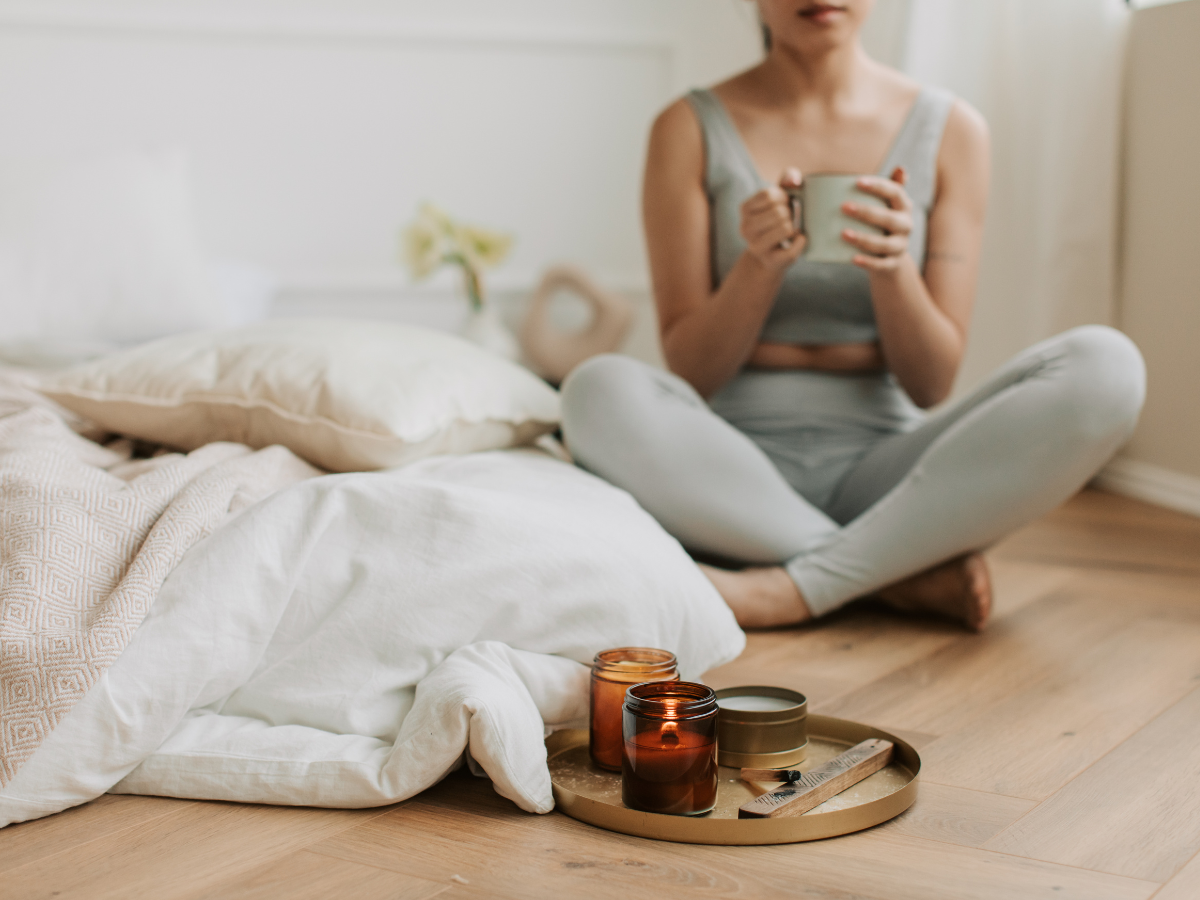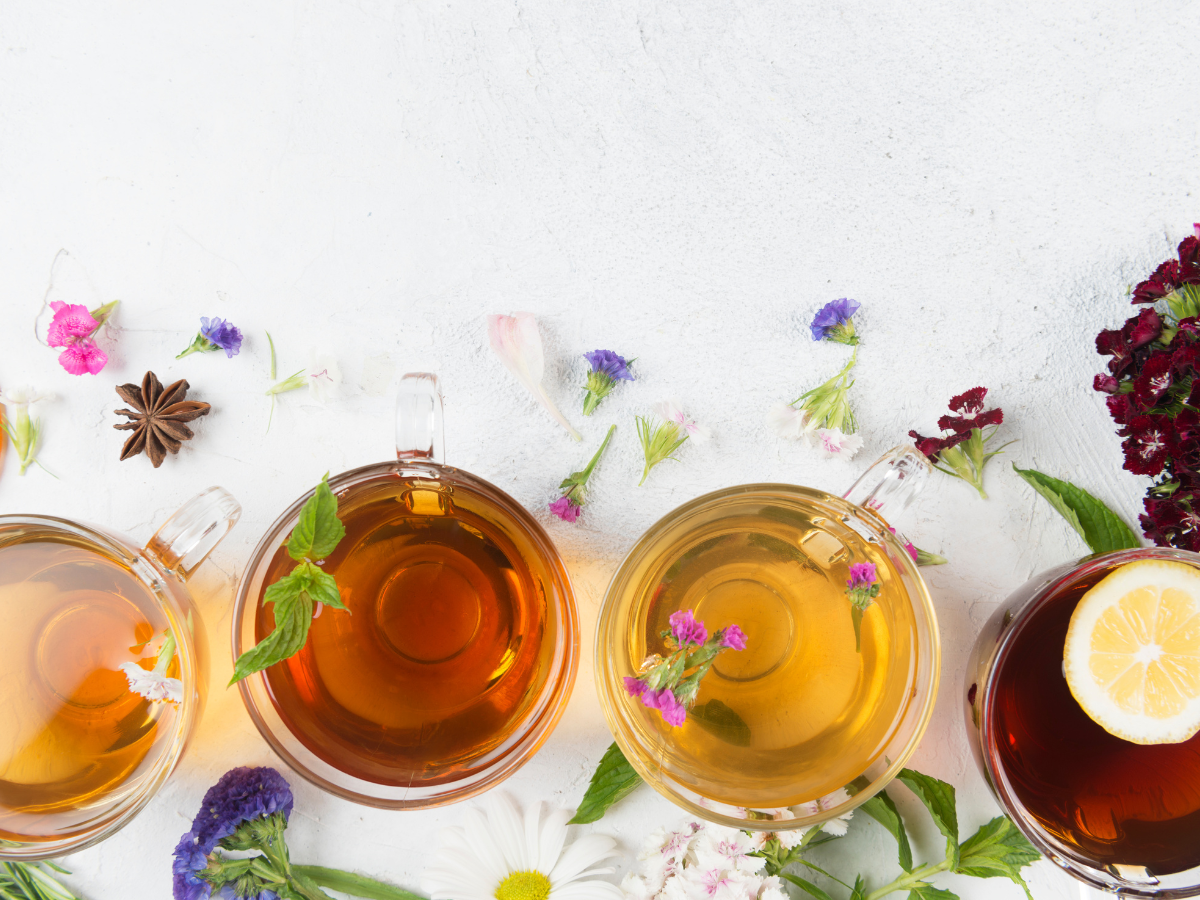Un sommeil de qualité est essentiel pour notre bien-être physique et mental.
Malheureusement, de nombreuses personnes rencontrent des difficultés à s'endormir ou souffrent d’insomnies.
Heureusement, il existe des astuces simples et naturelles pour favoriser l’endormissement et un sommeil réparateur, que nous allons explorer ici :
Établissez une routine de sommeil régulière : Notre corps est régi par des cycles circadiens, qui sont influencés par notre rythme de sommeil et d'éveil. Pour aider votre corps à se réguler, essayez de vous coucher et de vous réveiller à la même heure chaque jour, même les week-ends. Cette régularité aidera à établir une synchronisation naturelle de votre horloge interne.

Créez un environnement propice au sommeil : Faites en sorte que votre chambre soit un lieu calme, sombre et frais. Éliminez les distractions telles que la lumière et les bruits indésirables.
Investissez dans un matelas et des oreillers de qualité pour un confort optimal.
Évitez les écrans avant de dormir : La lumière bleue émise par les écrans des téléphones, des tablettes et des ordinateurs peut perturber votre sommeil en diminuant la production de mélatonine, une hormone qui régule le sommeil. Essayez d'éviter l'utilisation des écrans au moins une heure avant de vous coucher.
Évitez les stimulants avant le coucher : Limitez votre consommation de café, de thé et de boissons énergisantes dans l'après-midi et en soirée. Évitez également de fumer et de boire de l'alcool avant de vous coucher, car ils peuvent altérer la qualité de votre sommeil.
Adaptez votre alimentation : L’alimentation joue un rôle important dans la qualité du sommeil. Évitez les repas lourds et riches en matières grasses le soir, car ils peuvent causer des difficultés de digestion qui perturbent le sommeil.
Optez plutôt pour des repas légers composés d’aliments riches en L-Triptophanes, source de mélatonine, qui favorisent le sommeil (oeufs, volaille, riz complet, bananes, noix, amandes, chocolat noir…).

Faites de l'exercice régulièrement : L'exercice régulier peut aider à réduire le niveau de stress, à améliorer l'humeur et à favoriser un sommeil réparateur. Cependant, il est important d’éviter de faire de l'exercice tard le soir car cela peut perturber le sommeil.
Établissez une routine de relaxation avant le coucher : Prenez le temps de vous détendre et de vous préparer mentalement à dormir. Créez une routine relaxante en prenant un bain chaud, en lisant un livre, en faisant des exercices de respiration profonde, du yoga, de la méditation, des étirements doux, en utilisant l’olfactothérapie (privilégiez les huiles essentielles de listée citronnée, verveine citronnée, camomille, petit grain bigarade, mandarine, fleur d’oranger, lavande fine…), ou en écoutant de la musique douce afin de vous aider à réduire le stress et favoriser le sommeil.

Si ces techniques ne suffisent pas, la consommation de certaines tisanes, extraits liquides de plantes ou compléments alimentaires adaptés peuvent également vous aider :
Plantes relaxantes (certaines ont également une action digestive) : Mélisse, Figuier, Aubépine, Passiflore, Valériane, Tilleul, Camomille, Verveine…
Plantes adaptogènes : Pavot Jaune, Millepertuis (à utiliser avec prudence en raison des interactions avec les médicaments et les autres plantes)…
Complémentation : Magnésium, Mélatonine.

N’hésitez pas à consulter notre fiche concernant les troubles du sommeil sur l’application Natflow pour avoir plus de détails sur les différentes causes possibles et les conseils et actifs naturels associés !
Demandez également conseil à votre praticien de santé naturelle ou à votre médecin pour mieux comprendre la source de vos difficultés, adapter les recommandations à votre cas personnel et déterminer si un suivi psychologique ou médical n’est pas également nécessaire si les difficultés persistent.

